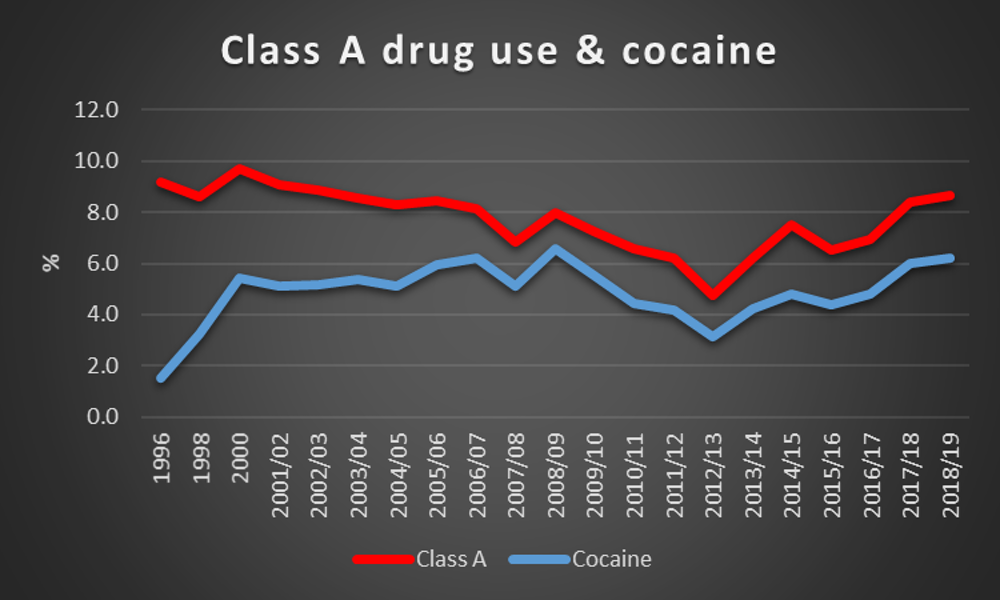A Singaporean government body has announced its upcoming research into synthetic cannabinoids for medical purposes, a curious step in a country that continues to impose the death penalty for certain cannabis offences.
In early January, the National Research Foundation (NRF) – a government body – announced that it would be investing $25 million SGD (£13.4m) into a Synthetic Biology Research and Development Programme. One of the programme’s four projects is entitled Synthetic Cannabinoid Biology: Repurposing Nature for Tomorrow’s Therapeutics. The NRF hopes that this project will allow the future delivery of “life-saving therapeutics derived from the cannabis plant in a sustainable manner”.
The NRF accepts that cannabinoids, the chemical compounds found in the cannabis plant, can be used to treat a variety of ailments. However, as the cannabis plant is illegal in Singapore for any purpose, the NRF has commissioned this project with the intention of harnessing the medical potential that cannabinoids offer without the government having to change its drug legislation. By studying the molecular structure of cannabinoids, the project aims to “discover cannabinoid genes for the sustainable production of [synthetic] medicinal cannabinoids and their derivatives”.
Cannabinoids can be used to alleviate chronic pain, spasticity, and several other ailments or symptoms. Medical cannabis is legally prescribed and consumed in several countries, including Canada, the Netherlands, and the Czech Republic.

Chijioke Stephen Obioha was hanged in Singapore in 2016 for a non-violent drug offence
This development may come as a surprise to some, as Singapore currently has some of the most repressive drug laws in the world, standing in stark contrast with its apparent new-found appreciation for the benefits of medical cannabinoids. Under Section 17 of the Misuse of Drugs Act (1973), anyone found in possession of over 15 grams of cannabis will be presumed to be trafficking – which is punishable by a mandatory minimum sentence of 5 years in prison and 5 strokes of the cane. Someone found possessing over 500 grams of cannabis will face a mandatory death penalty by hanging in the country’s notorious Changi Prison.
As TalkingDrugs has reported, the most recent execution for a cannabis offence in Singapore took place in November 2016, when 31 year-old chemistry graduate and aspiring football player Chijioke Stephen Obioha was hanged for possessing a quantity of the drug that surpassed the threshold, triggering the automatic death penalty. The state also executes people for the possession of relatively small quantities of other drugs. In July 2017, Prabagaran Srivijayan was executed in Changi Prison after 22 grams of heroin was found in the armrest of a car that he had borrowed. These executions are illegal under international law, according to the UN, as the offences do not meet the criteria of being the “most serious crimes”.
As NRF researchers embark upon their studies into the production of synthetic cannabinoids, it appears that the Singaporean government is attempting to harness the medical benefits of cannabis while maintaining harsh punishments against anyone who attempts to use the drug in its natural form. In a bizarrely contradictory stance, Singapore claims that properties of cannabis can be “life-saving”, yet the state can still take someone’s life for carrying cannabis.


